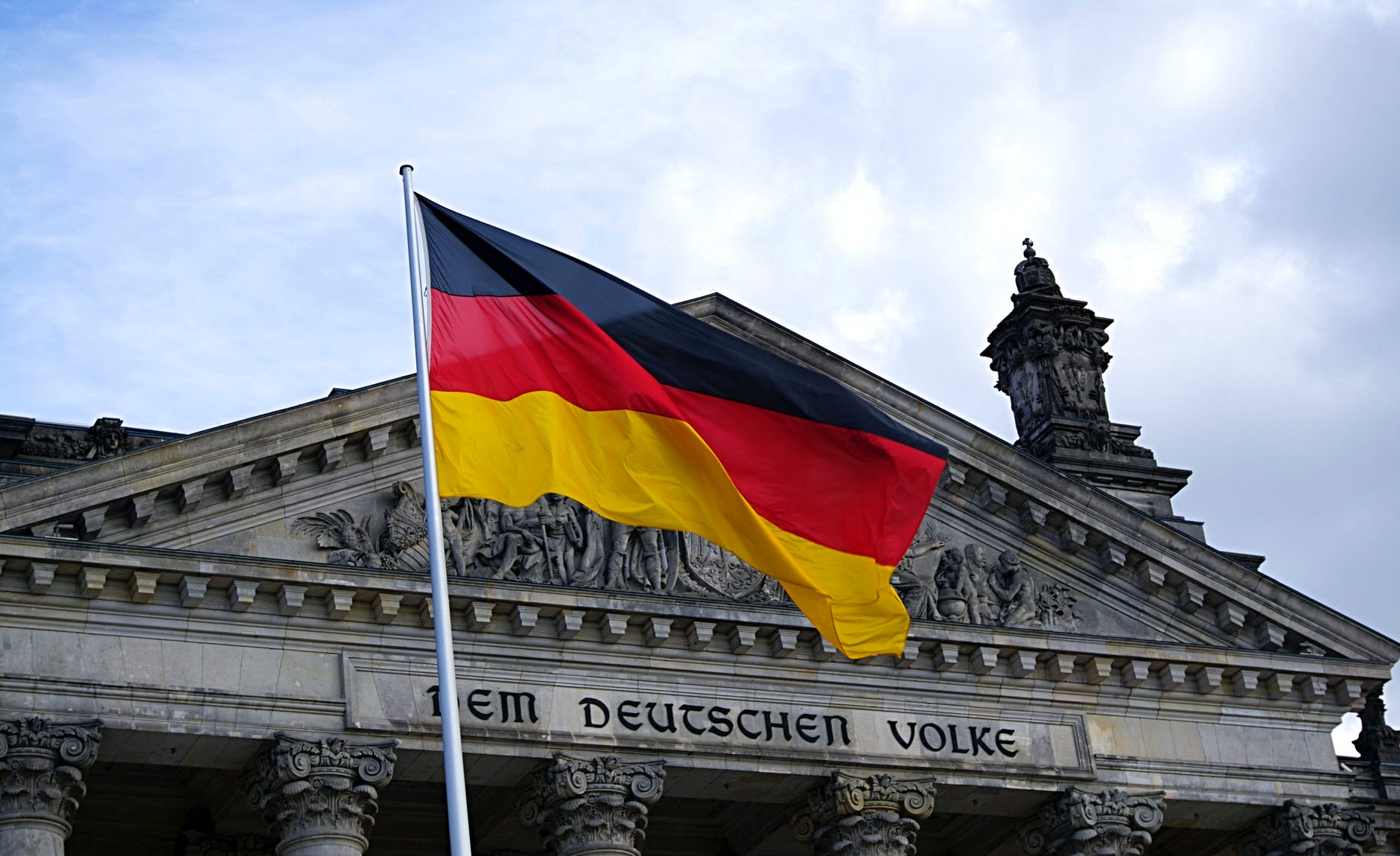Patent trolls are one of the natural (if obstructive) offshoots of a highly competitive, saturated patent market. These entities typically possess a patent not to exploit or sell it, but to use it as a litigation tool for what many other parties would call a frivolous lawsuit. The objective of the troll is not to regain the exclusive right for their patent for future exploitation, but to essentially bully their counterpart into settling early.
Trolls target areas of technology that require little to no infrastructure and have incremental technological advancement. The electronics and communication market has been particularly vulnerable to the patent troll since the turn of the century. When advanced electronics first started to appear, the patents granted to these new technologies were far broader than the ones granted today- this allowed entities possessing said broad patents to target later developments of technology that used their basic patent as a component or stepping point.

Some jurisdictions are more favorable to trolls than others, of course. The Unites States sees a majority of the globes’ patent litigation cases due to structural elements of the legal system such as party-pays and the burden of proof restoring on the defendant in civil cases. Cases originating in the EU, however, tend to be concentrated in Germany.
This is because Germany’s main patent courts (in Munich, Mannheim and Düsseldorf) are known for taking preemptive measures such as injunctions or temporary sales bans, which can make the lawsuit exponentially expensive for the defendant, causing them to settle early. The potential costs are exacerbated by Germany’s large consumer markets and fast-moving legal system.
In 2018, for example, Apple briefly stopped selling newer iPhone models in Germany because of the patent injunction forbidding them from using Qualcomms’ chips, forcing Apple to eventually settle and resulting in a 23% increase in Qualcomm shares. Similarly, in 2017 chipmaker Broadcom Inc. sued Volkswagen for infringements in their navigation and entertainment systems, resulting in Volkswagen settling and paying Broadcom about 500 million Euros.
Massive amounts of lobbying had been done in Germany over the past few years to address this legal problem, with both domestic and foreign companies weighing in on the matter. As per the new legislation adopted by the German courts on 11 March 2021, it would be considerably harder to get patent injunctions. As per the new legislation, any court examining a patent claim would be required to conduct a proportionality check to see if the injunction would cause undue hardship to the alleged infringer or any other third party, such as customers who may consequently be deprived of products.
Alleged infringers would still have to pay damages in the event of the litigators’ claims, being proven. However, this would remove a massive source of revenue loss and leverage the alleged infringers have to deal with in the meantime. Combine that with Germanys’ speedy legal procedures and loser pays system, and its’ possible this is now effectively a jurisdiction that both allows for genuine patent holders to protect their rights while stopping frivolous litigators at the outset.
Author: Varsha Valsaraj, Legal Associate at PA Legal.
In case of any queries, kindly contact us here.